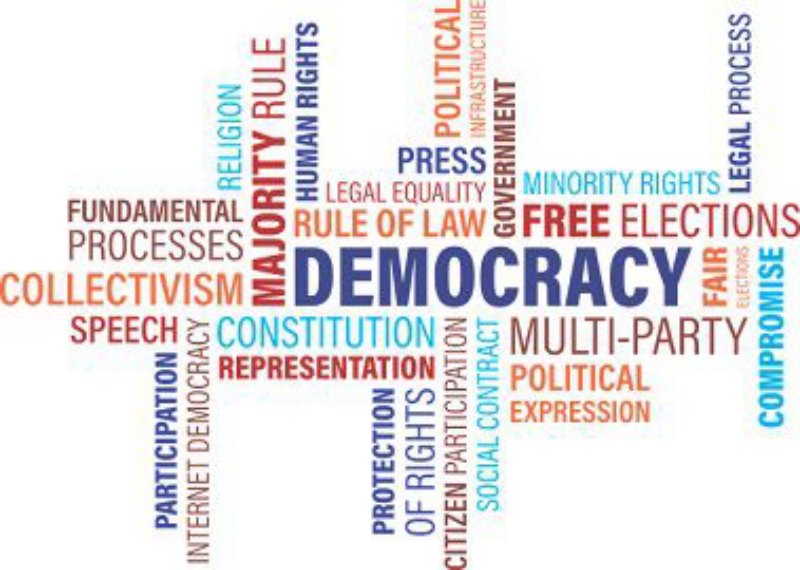Democracy is not kids’ play
When is the right time to teach your child good manners? To say ‘Please’ and ‘Thank You’? Unquestionably, when they begin to demand their own way and things. Oiling the transactions of life with politeness will take them far and it is a good habit that must be inculcated early on. Good habits, eating right, exercise, and the power of hard work – these are all values that we believe our children must be taught from a very young age. In that case, why are we hesitant to also teach them to participate in the glorious exercise of our democratic process? I am referring, of course, to the ongoing debate in Bahrain’s House of Representatives and among human rights groups about the participation of Bahraini children in election campaigns. I believe that the House of Representatives was quite right in rejecting a draft law to ban children from the political arena. With few rare exceptions, children have no decision-making in the political process the world over. Most recently in America, a 14 year-old ran for governor of Vermont and in Nigeria, youth have started a citizen’s movement to change the entry conditions for themselves into their country’s politics but by and large, children below age 18 are ignored by politicians and the system as such. This has got to change, of course, but we have to be very careful how we welcome children into the political arena which has the potential to change life and the world for the better but also holds the dangers of ruthless jettisoning of morals by politicians. We must not use this as an excuse to hold back children from exposure to the political world and its transformational power. The elected representatives of the people bring necessary changes to a country’s laws and its social and commercial climate. They safeguard the rights of individuals and balance the rights of people with their responsibilities. In the analysis of our performance – and I mean this globally – we adults have fared weakly where the rights of our children are concerned. Have we delivered laws that will protect the environment of the planet and leave it a habitable place for them? No. Are we any closer to world peace, to eliminating poverty and disease? That’s a mixed bag – our children can face the world as healthier and more educated persons, for sure. But challenges still stalk mankind and we must use the energy and ideas of youth to meet them instead of shutting them out. How can children be exposed to the promise of democracy without being sullied by the weakness of compromise? To start with, we must not just use their presence as a token but engage them as participants and stakeholders in the process. Like the Model United Nations which schools participate in to understand the process of global development and diplomacy for peace, we must encourage university and senior school-level debate across the Kingdom on what Bahrain needs and give our youth a structured role to play in our democratic stage. So while I believe that children must not be kept away from the upcoming elections, I must add a caveat – that we should not use children as accessories for photo-ops in our elections. That is meaningless and will not build our future. Engage with young minds and give them a say in their own future.
Related Posts

